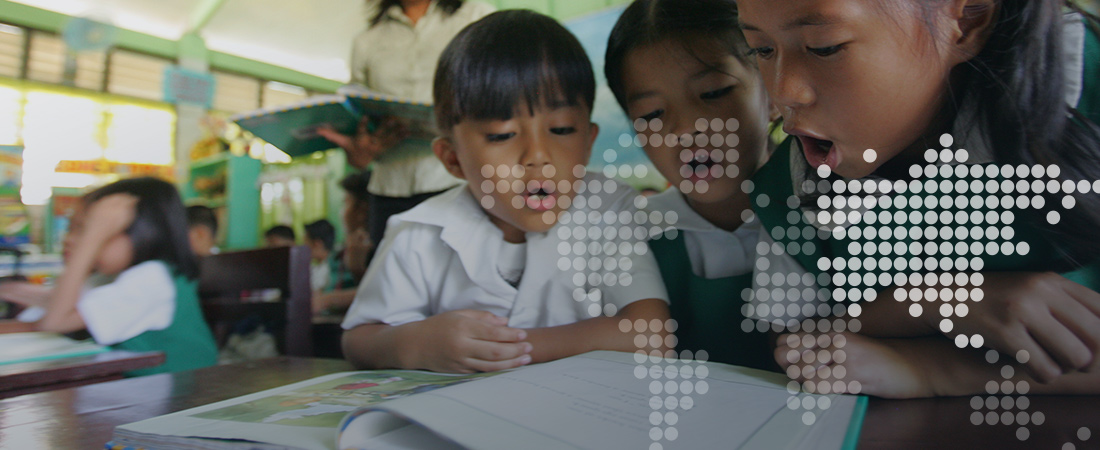
EDC's work to strengthen literacy instruction has improved outcomes for millions of students in the Philippines.
With one quarter of the population between the ages of 10 and 24, the demand in Southeast Asia for education and economic opportunity is greater than ever. EDC’s efforts in Indonesia, the Philippines, and the Lower Mekong to create meaningful opportunities for youth by aligning public, private, education, and industry partners have been successful, reaching hundreds of thousands of young people.
EDC is also improving elementary and basic education for younger children though high-quality literacy programs, teacher professional development, and policy implementation. And we are fighting drug abuse and HIV/AIDS through programs that help people develop the knowledge and behaviors they need to chart a long, healthy future.
Projects
Resources
This 2-page results document highlights the impact of India's dot-EDU T4 India program, which uses technology tools to improve learning gains among hard-to-reach populations.
EDC’s Work Ready Now (WRN) delivers effective work readiness preparation to youth around the world. Based on international standards, WRN helps young people in emerging economies develop the soft skills and work readiness skills needed to succeed in earning a living.
This case study is one of the Sustainable Finance Initiative’s seven rapid country case studies studying the state of school meals programs.
These free online training courses are designed to help entrepreneurs learn what they need to know to establish and grow a business. Users learn at their own pace in their own time.
This resource focuses on how distance education technology benefits teachers and teaching.
This report examines four approaches to technical and vocational education and training (TVET) employed by USAID between 2007 and 2012.
The Decentralized Basic Education Program-Objective 2 (DBE 2) is improving the quality of teaching and learning for almost 15,000 teachers and over 230,000 students in Indonesia. This Annual Report Summary illuminates impact data and highlights the stories of some of those touched by the program.
A discussion paper highlighting the crucial role of youth in driving a just economic transition and accelerating climate change adaptation by connecting local initiatives with global commitments, p
Transforming the Education Workforce lays out three evidence-based visions for strengthening the education workforce, creating more collaborative learning teams, and transforming education systems into learning systems.
The USAID/Philippines, through its Basa Pilipinas program has reached over 1.8 million students from kindergarten to Grade 3, trained over 19,000 teachers and school heads, and provided over 10 mil